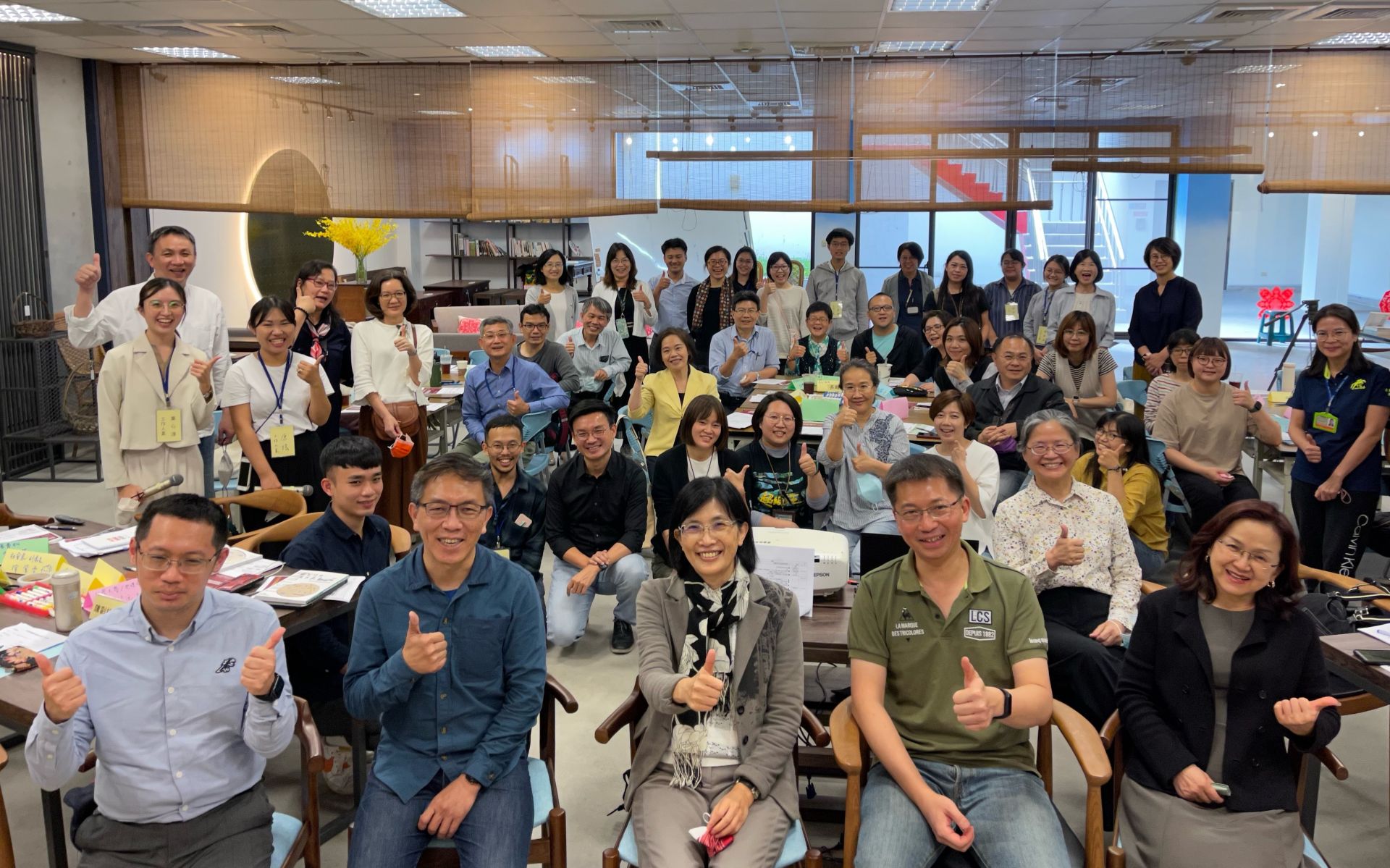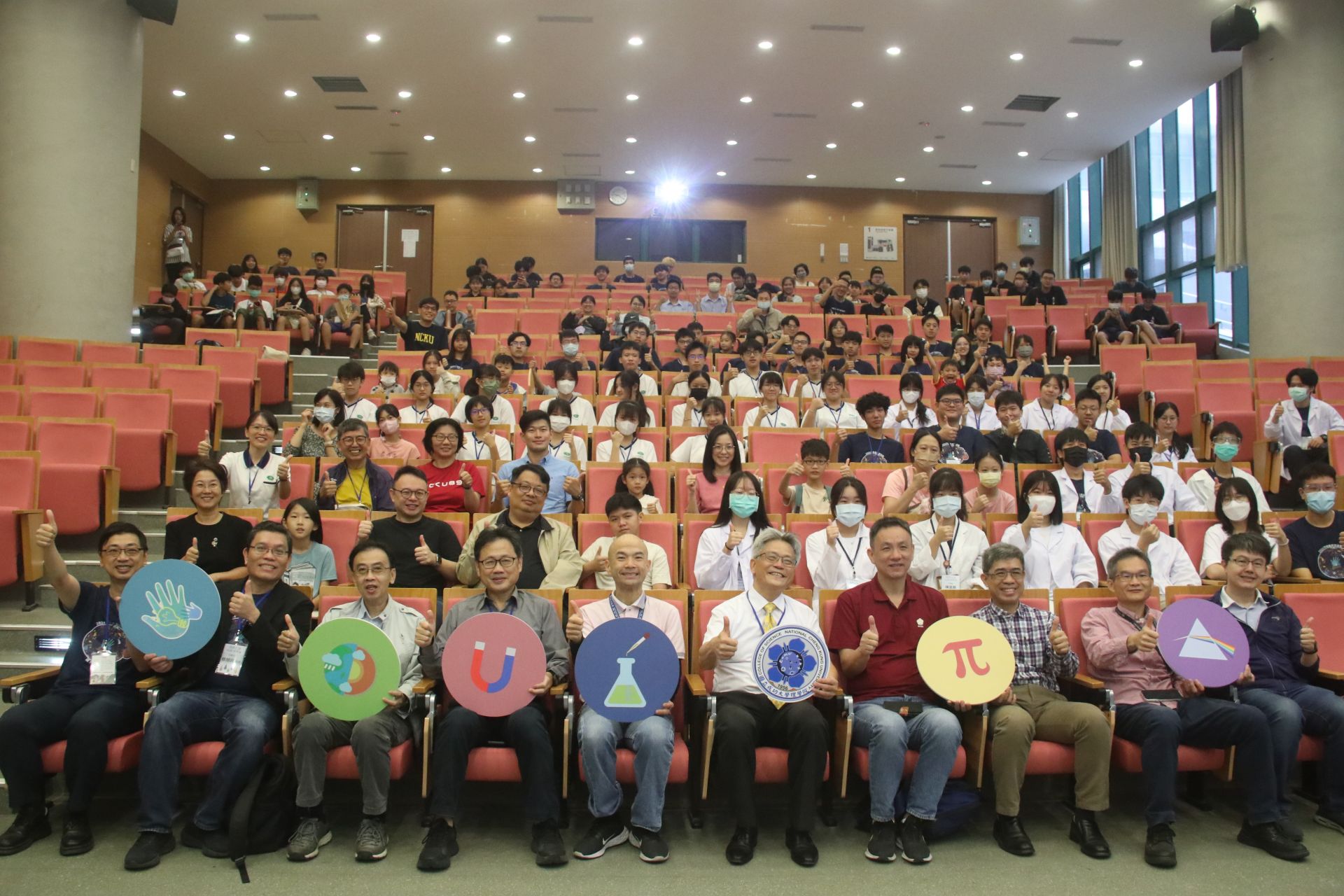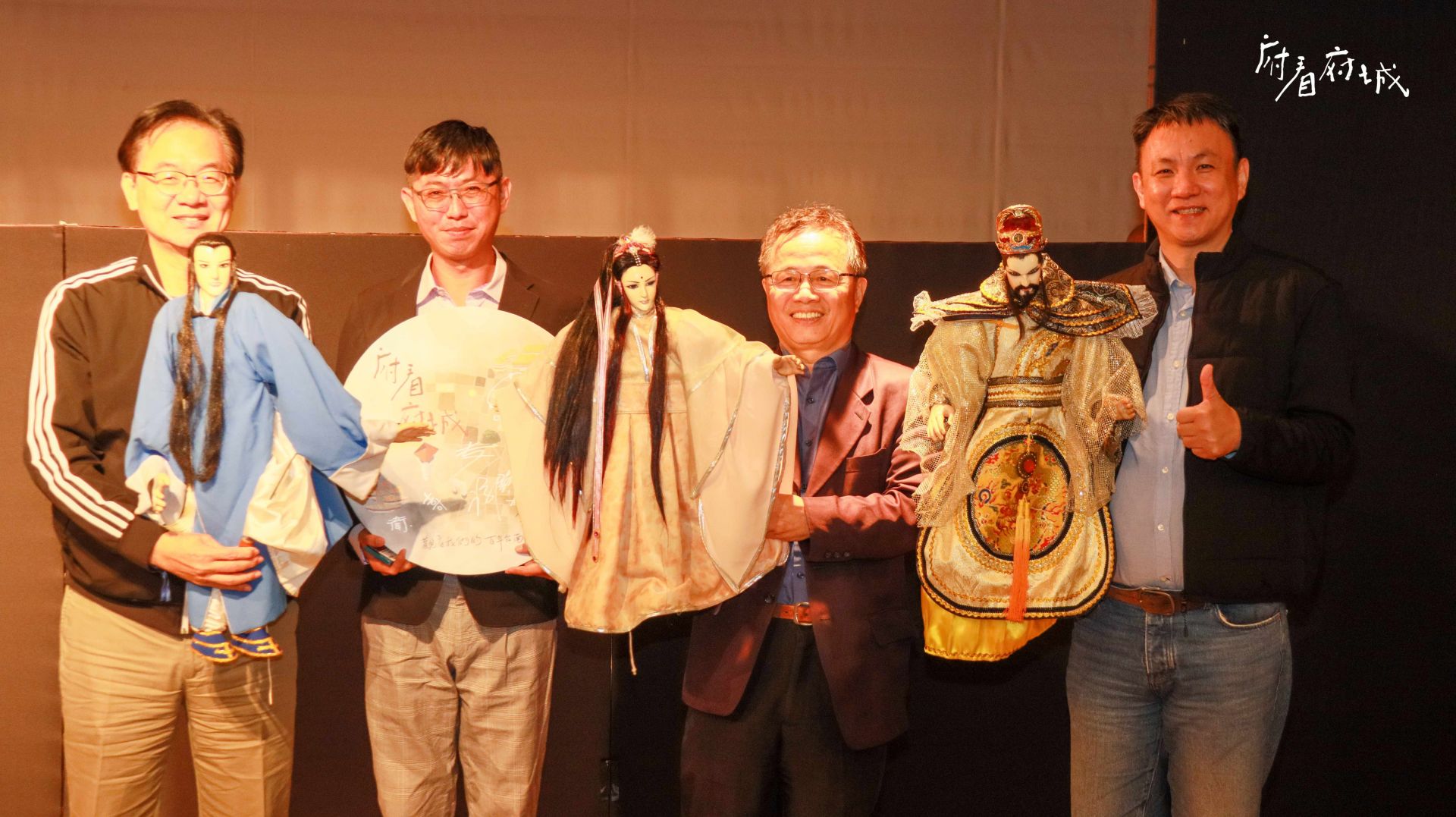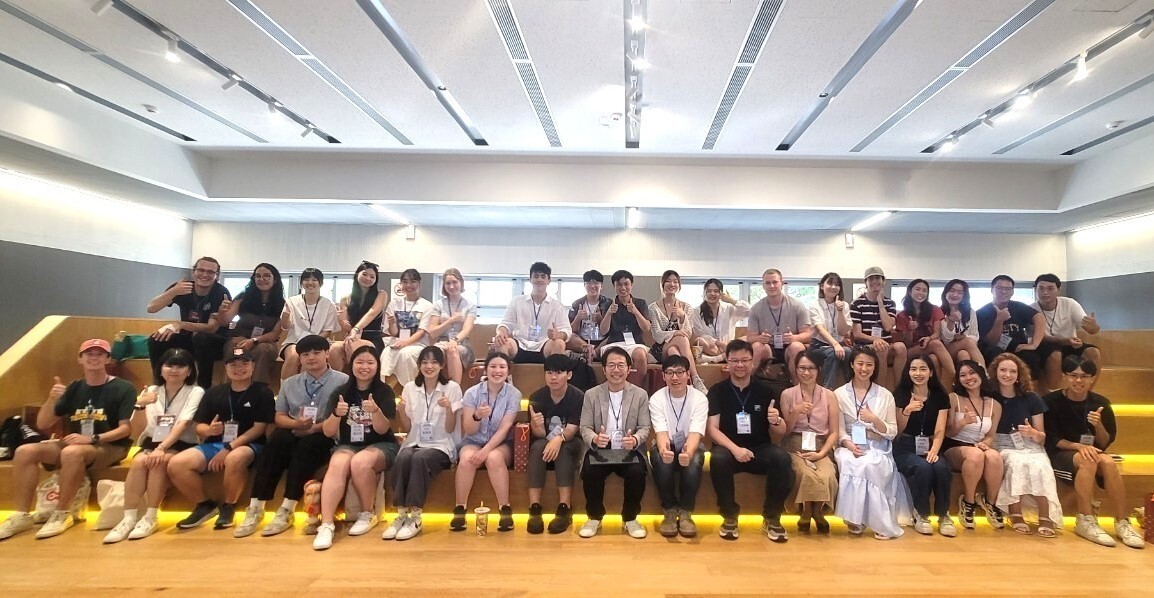NCKU and Pingtung County Government collaborate on the "Great Earth Project" to support dementia-friendly communities
On the afternoon of February 10th, organized and executed by the research team from the Center for Humanities and Social Sciences at National Cheng Kung University, with joint participation from the Pingtung County Government and local stakeholders, the "Pingtung Dementia Social Consensus Workshop" kicked off enthusiastically at the Pingtung Hakka Cultural Center. Prior to the Lunar New Year, the NCKU team met with the newly appointed county government officials to establish mutual cooperation agreements, gearing up to tackle the pressing issues of dementia and elderly care together after the holiday season.
At the call of Vice Magistrate Guo-Rong Huang, over 30 representatives from various departments of the Pingtung County Government participated in the workshop. This included the Health Bureau, Social Affairs Department, Long-term Care Management Center, Hakka Affairs Department, and Education Department, all of which have been deeply involved in the Zhu Tian Joyful and Friendly Park for many years. Academics, government agencies, and dementia-friendly civil organizations gathered together, sharing their implementation experiences, delving into local challenges, and sparking interdisciplinary discussions on different strategic approaches. Participants also initiated cross-professional exchange experiences, creating a "North-South connection" between fields. The scene resembled a Pingtung-localized summit on dementia friendliness, fostering collaboration and innovation.
During the first half of the workshop, the team from National Cheng Kung University and the Pingtung County Government collaborated to conduct an inventory discussion, integrating resources from various departments and projects, contemplating how to work together to create a dementia-friendly community, and establishing a foundation for multi-party cooperation. In the second half of the event, through the format of a "World Café," the mechanism of rotating dialogue was broken, transcending departmental, geographical, hierarchical, and professional boundaries. This facilitated participants in collectively completing three stages of extended discussions: "problem exploration," "strategy development," and "concrete action planning." This process not only provided opportunities for in-depth exchange of topic content, but also summarized practical directions for addressing individual issues, breaking free from the fixed mindset of departmental business-centric thinking.
As an invited expert to Pingtung, Commissioner Yu-Zhe Chen from the New Taipei City Health Bureau, responsible for handling the Pingxi "Longevity and Wisdom Village" project, expressed, "I am delighted to experience the warmth of southern Taiwan this time. I also admire everyone's high level of commitment and effort. I look forward to seeing the gradual involvement of the public in the process of promoting dementia-friendly policies in Pingtung in the near future. From the experience of New Taipei City, it is indeed the joint efforts of the public that have given us the most touching and powerful feedback and support."
Facing the subjects related to dementia friendliness such as "dementia patients/caregivers," "local partners," "school education," and "the general public," workshop participants collectively identified the realities that need to be addressed, including "stigma associated with dementia," "insufficient manpower and resources," "lack of professional knowledge and skills," "insufficient local consensus," and "lack of systematic industry mechanisms." They proposed strategic directions such as "promoting the mainstreaming of dementia," "establishing systematic education and training mechanisms," and "enhancing the capabilities of dementia patients," further presenting conceptual plans for future tangible responses in terms of funding, manpower, and resource allocation.
With the local community development plan referencing the Pingtung Xishi "Ping An Village" about to be implemented, the in-depth discussions extended through the collaborative efforts of the workshop undoubtedly lay the solid foundation for advancing towards a dementia-friendly society in Pingtung. With the utilization of data aggregation, the future holds promising prospects.

At the Pingtung Dementia Social Consensus Workshop, the team from National Cheng Kung University served as table facilitators, guiding cross-departmental and cross-professional exchanges to explore potential internal resource connections. Together, they discussed the current situation and corresponding strategies regarding the dementia-friendly society. (From left to right: Professor Shan-Hui Hsu, Associate Director of the Center for Humanities and Social Sciences at National Cheng Kung University and co-principal investigator of the project, Secretary General Li-Yu Tang from the Taiwan Alzheimer's Disease Association, Project Assistant Yi-Ling Jian, Deputy Director Zi-Yun Xu from the Social Affairs Department of Pingtung County, and Supervisor Gui-Fang Mak from the Social Affairs Department)
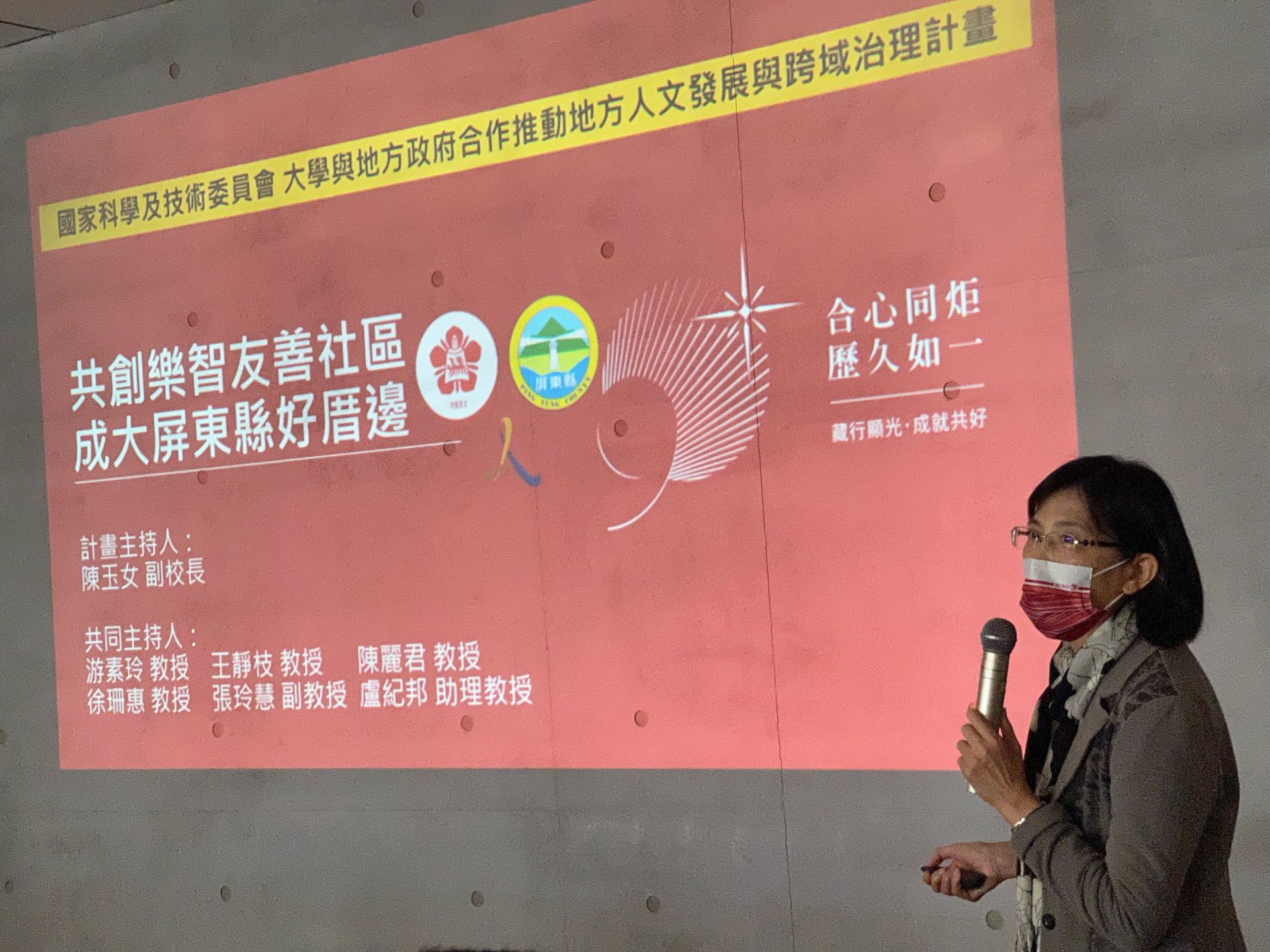
The National Cheng Kung University "Co-Creating Dementia-Friendly Communities - NCKU Pingtung County Neighbors" project team presented an overview of the project framework and compiled resources and directions for collaborative efforts with the county government. (Image shows Deputy President Yuh-Neu Chen, the project leader.)
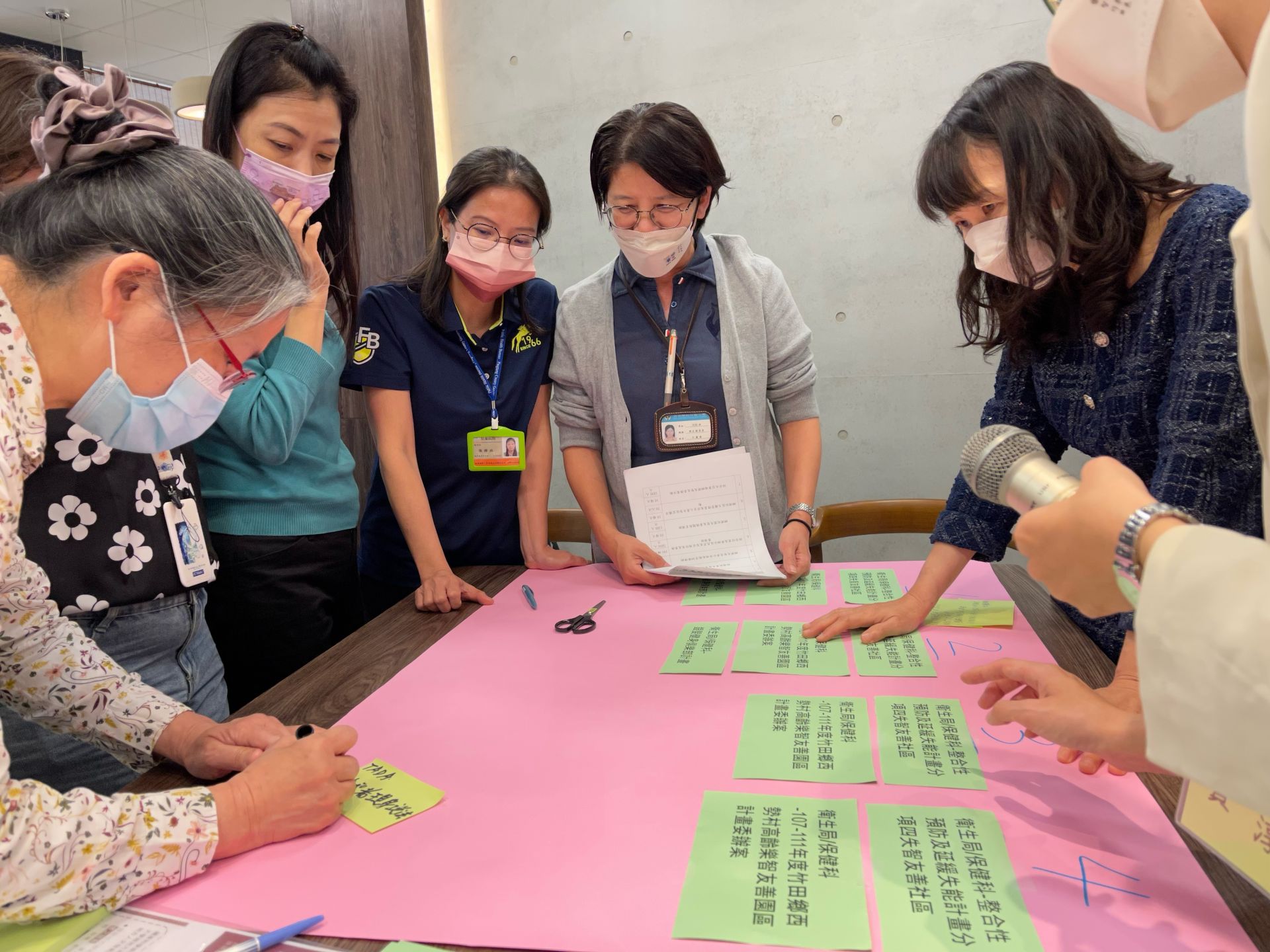
Project co-principal investigator Professor Jing-Jy Wang accompanied colleagues from the Pingtung County Health Bureau to take stock of internal resources.
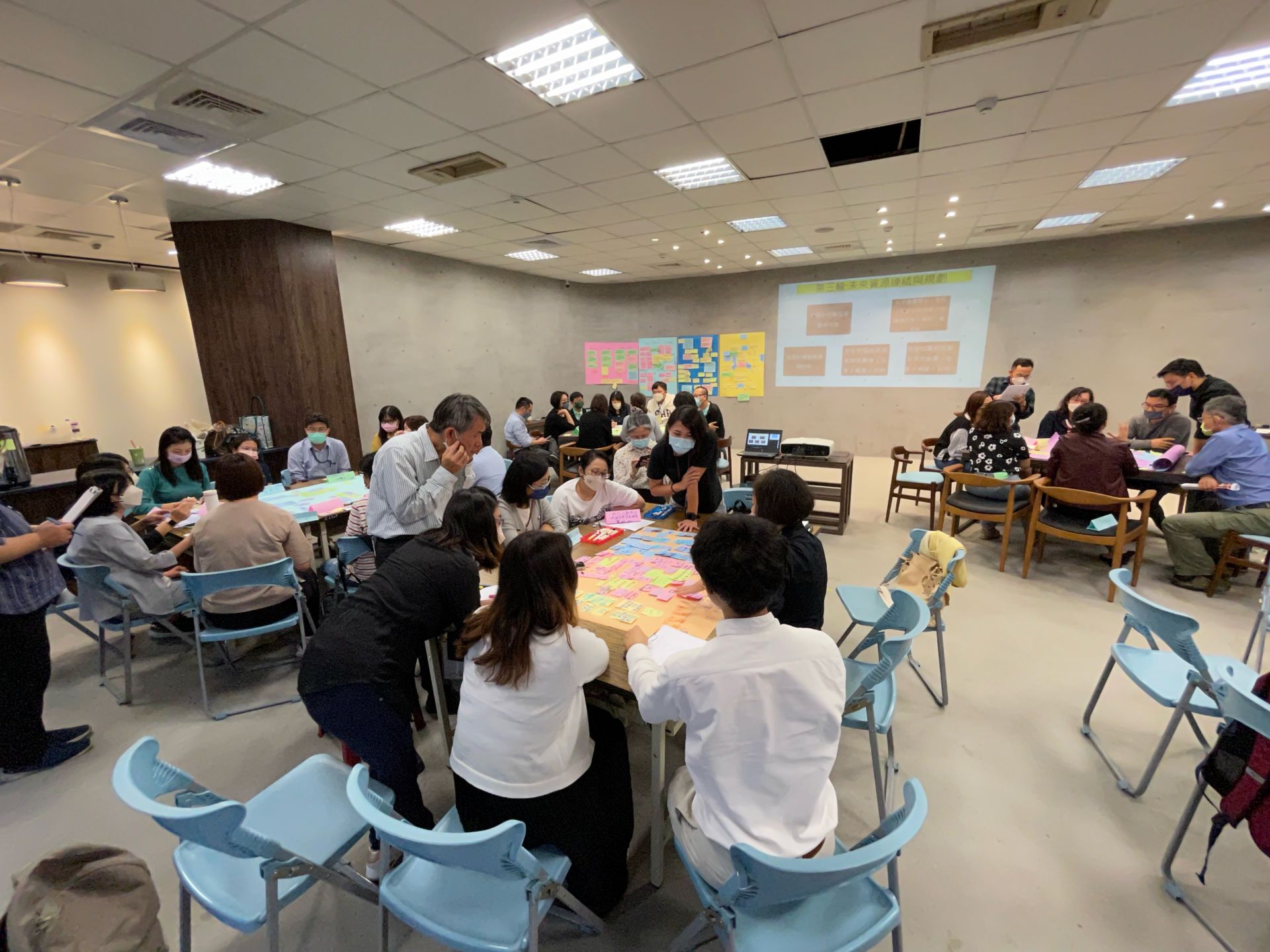
At the Pingtung Dementia Social Consensus Workshop, the team from National Cheng Kung University acted as table facilitators, guiding cross-departmental and cross-professional exchanges to explore potential connections of internal resources. Together, they discussed the current situation regarding dementia-friendly society issues and corresponding strategies.
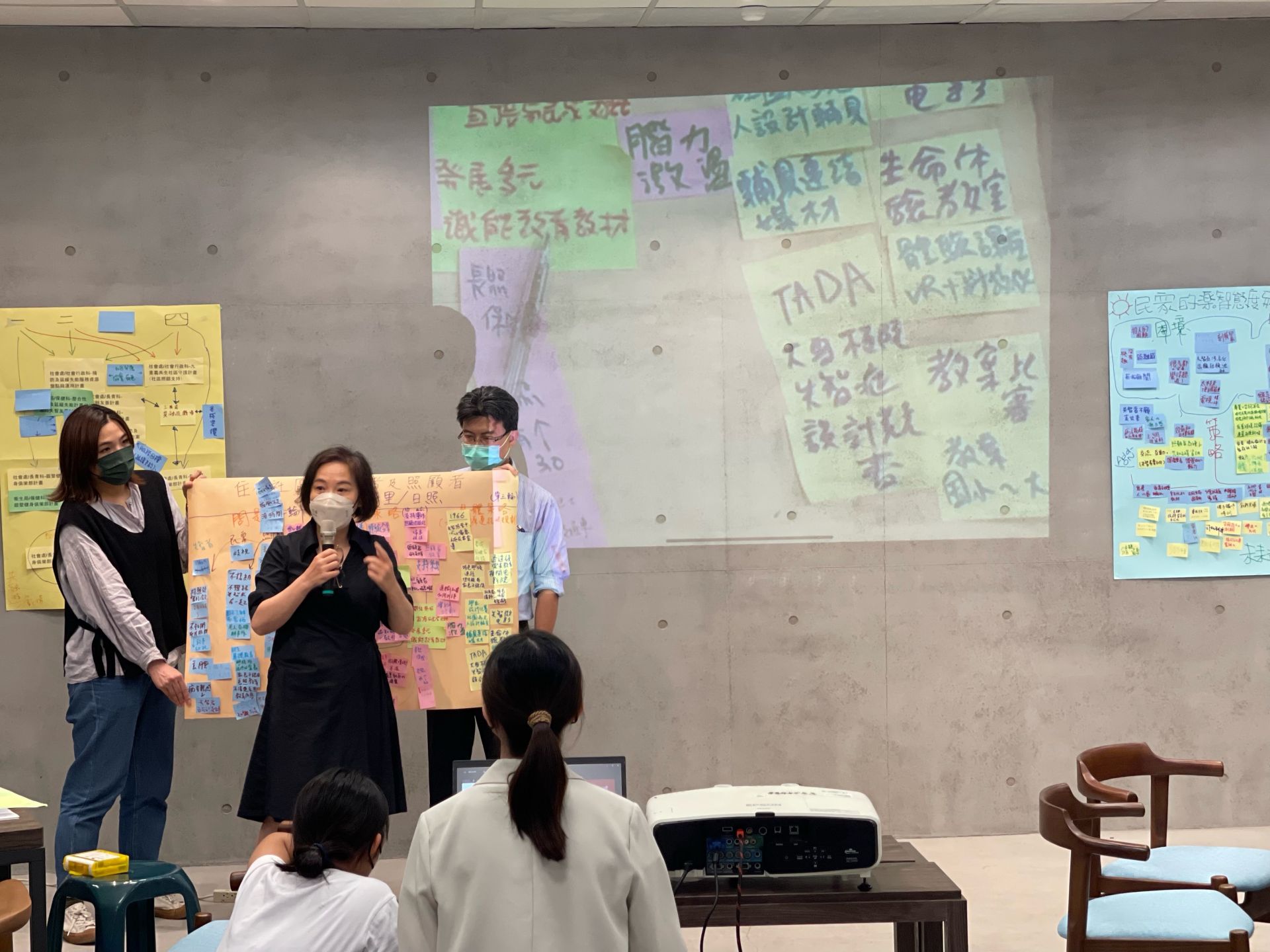
At the conclusion of the World Café discussion at the coffeehouse, participants collectively summarized the real-life challenges that need addressing and proposed strategic directions. Subsequently, they further elaborated on potential funding, manpower, and resource allocation plans for future tangible implementation. Associate Professor Ling-Hui Chang from the Department of Occupational Therapy, serving as the table facilitator, compiled the report.

